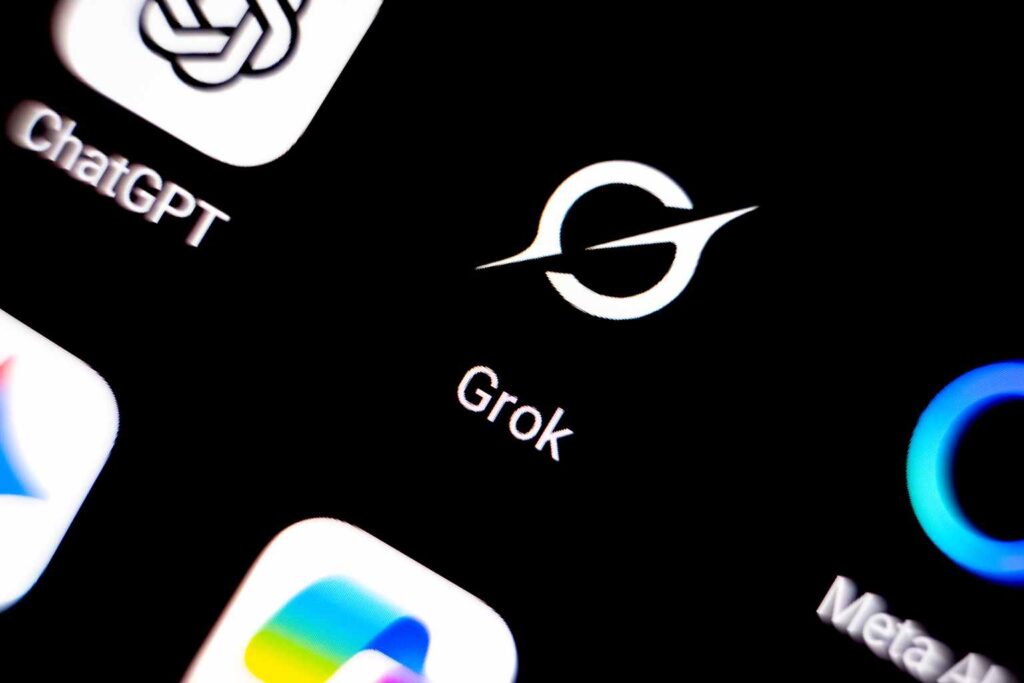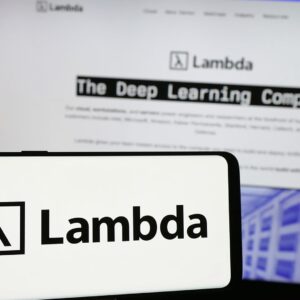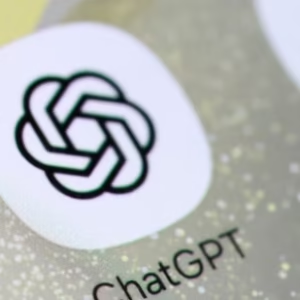Elon Musk’s company xAI has launched the beta version of Grokipedia, an AI-powered encyclopedia launch that aims to rival Wikipedia. The platform quietly went live earlier this week with nearly 885,000 articles, marking another step in Musk’s effort to reshape how online information is shared.
Early users on X (formerly Twitter) reported that Grokipedia version 0.1 is now active, though still in testing mode and currently limited to selected accounts. The launch was originally planned for October 20 but delayed as Musk said the team wanted to “purge out propaganda” before going live.

What Makes Grokipedia Different
Grokipedia is built on xAI’s Grok language model, which powers the company’s chatbot of the same name. Instead of relying on volunteers to edit pages like Wikipedia does, Grokipedia uses artificial intelligence to collect, check, and rewrite information from different sources.
According to xAI, the system reviews data from Wikipedia, research papers, and documents, labeling claims as true, partly true, false, or missing before rewriting the content. The goal is to create what Musk describes as “absolute truth” without human bias — a bold claim that has already sparked debate.
Unlike Wikipedia’s community-driven model, Grokipedia operates with minimal human moderation. All entries are curated by AI, and updates can happen in real time. This approach could make it faster and easier to refresh facts, but it also raises concerns about transparency and accuracy.
Reactions and Concerns
The AI-powered encyclopedia launch has drawn both excitement and skepticism. Supporters see it as a fresh take on how knowledge can be verified using AI. Critics, however, worry that without human editors, the site might amplify existing biases or make unchecked mistakes.
Wikipedia’s co-founder Jimmy Wales has responded to Musk’s repeated criticism of Wikipedia’s credibility, saying that the attacks often boost the platform’s donations instead of hurting it. He added that while Musk is “more respectful” in private, his public remarks risk driving away thoughtful contributors.
There are also questions about Grokipedia’s use of Wikipedia content. Early reviews show that some pages look nearly identical to Wikipedia entries, raising issues about fair use and originality — even though Wikipedia allows content sharing under a Creative Commons license.
What’s Next for Musk’s AI Encyclopedia
For now, Grokipedia remains in beta testing, and Musk has promised it will improve with future updates. He said version 1.0 will be “ten times better” than Wikipedia, with broader coverage and stronger verification tools.
Still, many are watching closely to see whether the AI-powered encyclopedia launch can truly balance speed, accuracy, and neutrality — three things that define any reliable knowledge base. If successful, Grokipedia could mark a major step in how AI is used to curate and share information online.
References
- The Verge: “Elon Musk’s Grokipedia contains copied Wikipedia pages”
- Forbes: “Musk Takes On Wikipedia With AI-Generated Grokipedia — What To Know”
- Economic Times: “Musk Launches Grokipedia To Rival Left-Biased Wikipedia”
- Wikipedia: “Grokipedia” page overview









